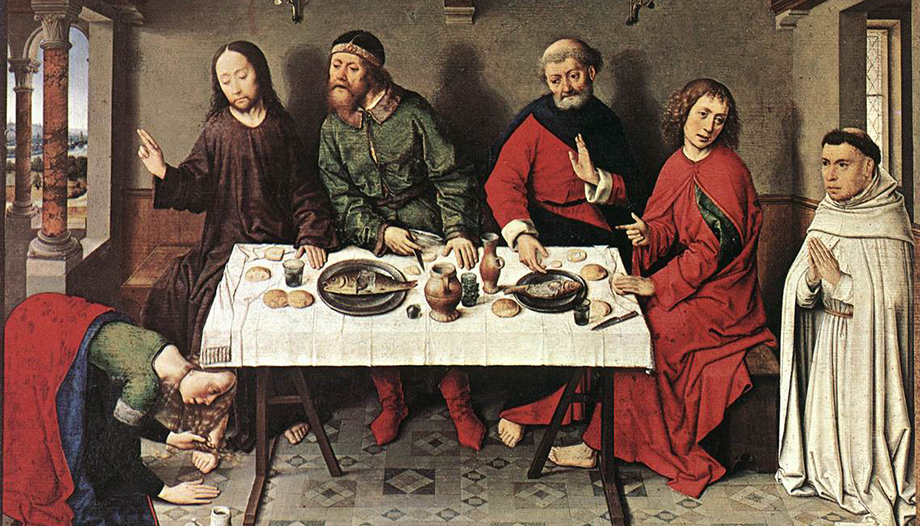The Gospels of recent Sundays guide us on a spiritual journey. The parable of the Good Samaritan has helped us to understand how to live our relationship with our neighbor according to mercy and compassion. To the teacher of the law who mentioned love of neighbor, Jesus said: do this and you will have life. Compassion for one's neighbor is the way to eternal life.
Jesus' dialogue with Martha and Mary, and then the revelation of the prayer to the Father and the parable of the importunate friend, encourage us to live our relationship with God with filial trust and as friends. Today, the parable of the rich foolish man directs us to live our relationship with earthly goods, together with a relationship of trust with God and his thought about those goods, and in a relationship of mercy with other people: not only "distributing" the goods as that man wanted speaking to Jesus about his brother's inheritance, but "sharing".
The question about the inheritance to Jesus is explained because the law of Moses had indications about this aspect, and in case of dispute they went to a master expert in the law. But Jesus is not a simple rabbi or interpreter of the law, he is the Messiah and the Son of God; he has come to fulfill and surpass it. He searches hearts and gives rules of life that go beyond what the law indicates: "Beware of all covetousness.". Paul echoes this teaching when he asks the Colossians to put to death "greed, which is idolatry.".
In fact, what is striking about the figure of the wealthy "foolish"The word that in the Bible designates the man who does not believe in God or who lives as if God did not exist, is his loneliness. The Greek text says that "converses with himself", and in this soliloquy he has only his own things in mind: my harvest, my barns, my goods. He imagines, always in dialogue with himself, what will be said when he has built new warehouses: "And then I will say to myself: my soul, you have goods stored up for many years; rest, eat, drink, feast merrily.".
There is no God in his horizon and there is no one. That is why God, in speaking to him, opens him to an "other" that does not exist in his thought: "Whose will it be that you have prepared?". In Luke's Greek there is an even more obvious play on words. The rich and selfish man uses "psyché" (soul) twice: "I will say to my soul: soul you have many good things."and God says to him: "Tonight they're going to claim your soul.".
The wisdom of Qoheleth resounds in the parable: "All is vanity! There is one who works with wisdom, science, and right, and has to leave his portion to one who has not worked.". God wants the authentic life of our soul: to share our goods with those in need.
The homily on the readings of Sunday 18th Sunday
The priest Luis Herrera Campo offers its nanomiliaa small one-minute reflection for these readings.









